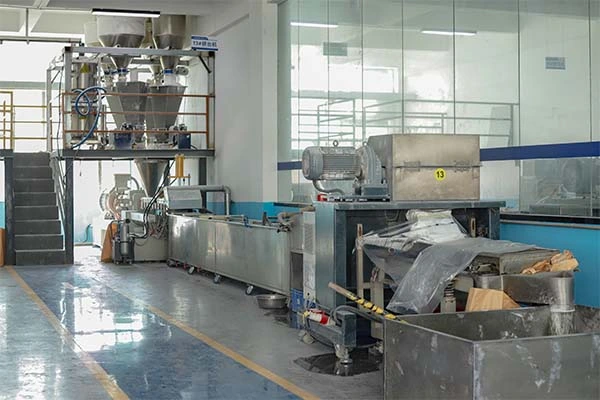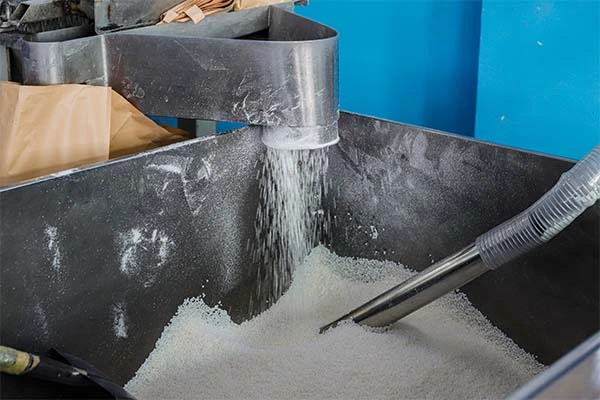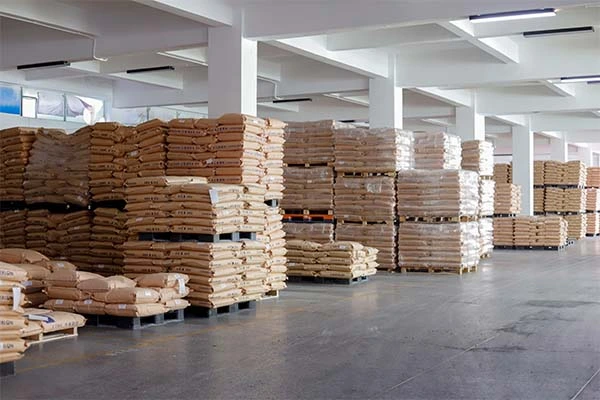PMMA Resin
PMMA resin families
PMMA Resin – High-Performance Acrylic Plastic Material Supplier
What is PMMA Resin? Poly(methyl methacrylate) (PMMA), commonly known as Acrylic Resin, is a transparent, high-performance thermoplastic known for exceptional optical clarity, UV resistance, and high surface hardness. PMMA is widely used in applications demanding glass-like transparency, impact resistance, and long-term outdoor durability.
At Suke Plastics, we manufacture and supply premium grades of PMMA resin, including:
✔ General-Purpose Injection Molding PMMA
✔ Impact-Modified PMMA
✔ Light Diffusion PMMA
✔ Weather-Resistant PMMA


PMMA Resin Line Card
Key Properties of PMMA Resin
Applications of PMMA Plastic:
Why Choose Suke Plastics for PMMA Resin?

PMMA Vs. pC Vs. PET Vs. PC/ABS
Choosing the Right Plastic for Your Application
| Property | PMMA (Acrylic) | PC (Polycarbonate) | PET | PC/ABS |
| Transparency (%) | 90-92% (Superior optical clarity) | ~88-90% (Good but slightly lower) | ~89% (Lower than PMMA but good) | Semi-transparent to opaque |
| Optical Properties | Highly transparent, glass-like finish | Transparent but may require coating | Transparent, often used in films | Generally opaque, better for strength |
| Impact Resistance | Moderate (Brittle in thin sections) | Very High (250x stronger than glass) | High (Better than PMMA, more durable) | High (Improved toughness over PC and ABS alone) |
| Scratch Resistance | Very High (Harder surface than PC) | Low (Prone to scratching, needs coating) | Moderate (Improved over PC) | Low (Needs coatings for scratch resistance) |
| UV & Weather Resistance | Excellent (Does not yellow, long lifespan) | Moderate (Turns yellow without coating) | Moderate (Needs UV stabilizers) | Moderate (Better than uncoated PC but still degrades over time) |
| Heat Resistance (°C) | 85-110°C | 120-140°C (Resistant to high heat) | Up to ~120°C (Better than PMMA) | 125-140°C (Suitable for higher temperatures) |
| Moisture Absorption | Low (<0.4%) | Moderate (~0.15%) | Low (~0.3-0.5%) | Moderate (~0.2-0.5%) |
| Chemical Resistance | Good (Resistant to weak acids, alcohols) | Moderate (Prone to solvent damage) | Better (Resistant to acids and oils) | Better than PC but not as good as PET |
| Processing Ease | Easy for injection molding & thermoforming | Requires higher temperature processing | Good for molding & extrusion | Good, commonly used in automotive parts and housings |
| Flammability (UL94 Rating) | HB (Self-extinguishing variants available) | V0 (With flame-retardant additives) | HB to V0 (Depending on type) | V0 (Flame-retardant versions available) |
| Cost Level | Medium (Affordable for optical applications) | High (More expensive than PMMA) | Medium (Varies by grade) | Medium-High (Depends on PC/ABS ratio & additives) |
| Typical Applications | Displays, lenses, LED light covers, signage, automotive trims | Safety glasses, helmets, automotive panels, medical devices | Bottles, food containers, industrial films, fiber optics | Automotive interior parts, electronics housings, structural components |
Key Takeaways: the final material choice depends on application needs, durability expectations, and cost constraints.
PMMA Resin FAQs
Request a Quote Today
Let’s build the future together! Contact us today to discuss your engineering plastics needs or to request a free sample of our PMMA resin. Ready to revolutionize your product line? Your next breakthrough is just a conversation away.
